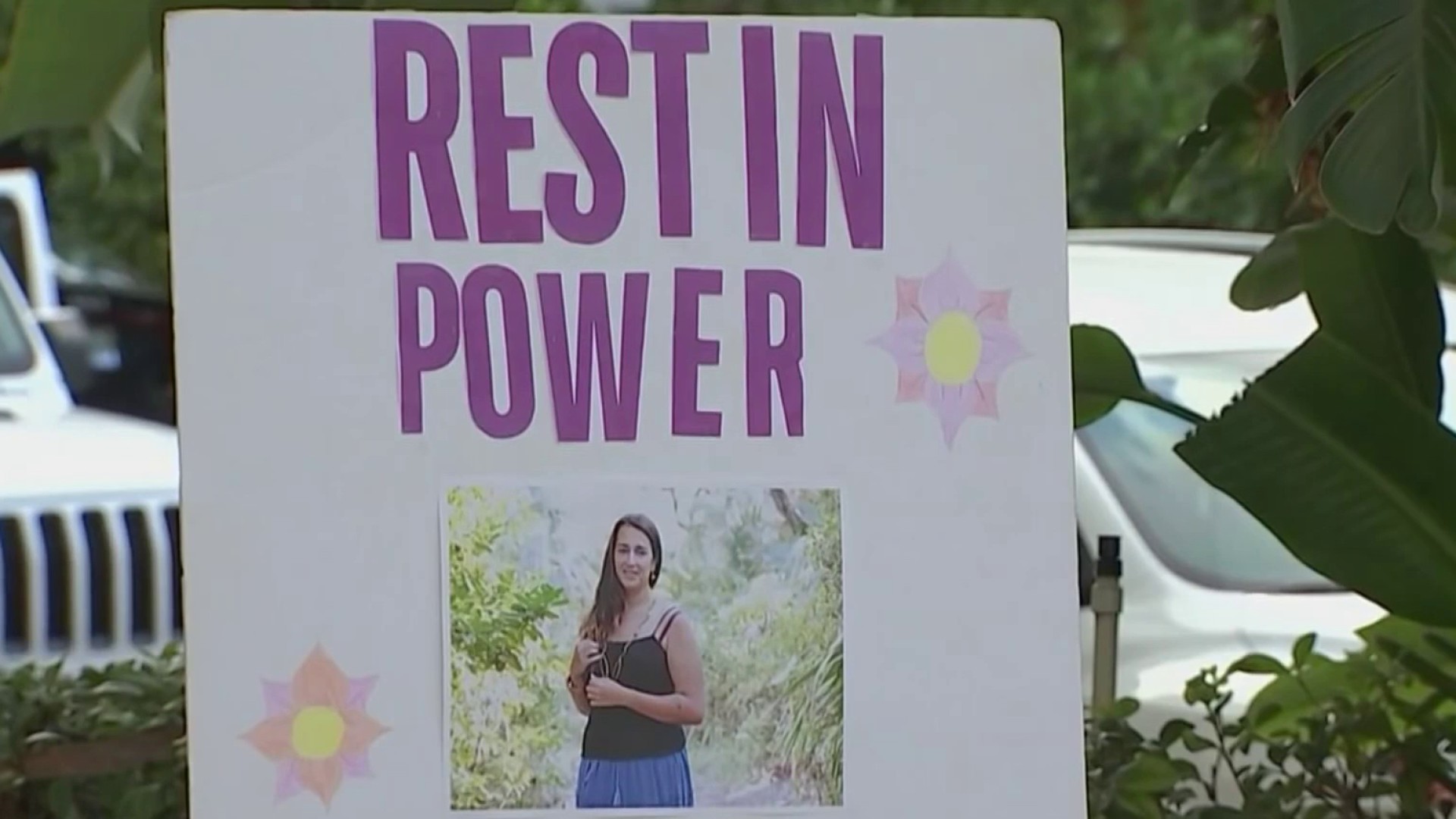Beginning July 1, Floridians who can legally possess a gun will be able to carry it concealed in public if they have photo identification on them.
Permitless carry has divided law enforcement groups in the past and police officers will soon adjust to the law.
These laws are pretty new. Ten states with permitless carry just adopted the change in the past two years. After Florida, only three Republican-dominated states will not allow permitless carry.
Police offices in Florida will soon encounter people carrying guns without the need to pay for a permit, go through training, or give the state their fingerprints – as required under current law.
Get South Florida local news, weather forecasts and entertainment stories to your inbox. Sign up for NBC South Florida newsletters.
“I have concerns for my officers, for my community,” said Miami-Dade Police Director Alfredo “Freddy” Ramirez. “We will be educating our officers. Educating the community.”
Ramirez spoke to NBC6 at a ceremony Thursday. He worries South Florida will see an increase in gun violence with the looser gun law.
“Our officers have to be more aware than ever. Not that we take anything for granted but this will be something we have to deal with the community together,” Ramirez said.
Local
Research on permitless carry – many times called “constitutional carry” – is fairly limited. But according to a study from Johns Hopkins University, the rate of officer-involved shootings increased by nearly 13% in the 10 states, which dropped the permit requirement from 2014 to 2020. The main faculty member over the study wrote the change “may be influencing the perceived threat of danger faced by law enforcement.”
After Florida, most of the country will allow people to carry guns without a permit. Florida will be the 26th state.
According to the most recent data from the Centers for Disease Control and Prevention, there is some correlation with gun violence. Seven of the 10 states with the highest rates of gun deaths allow people to carry without permits. But there’s a big geographical factor with states in the Deep South by and large having higher gun violence rates in general. Maine and New Hampshire are two states with some of the lowest levels of gun violence and they also allow permitless carry.
Geography at times also plays a key role in who supports and opposes the state requirement. In past debates on the issue, big city police chiefs usually want permit requirements while sheriff organizations and rural law enforcement groups by and large support getting rid of them.
In Florida, both the Sheriff’s Association and the Florida Police Chiefs Association supported the change. A spokesman for the chiefs wrote, “Responsible gun ownership doesn’t begin with the issuance of a government permit.”
The change was backed by law enforcement groups also for the other measures in the law like expanding the School Guardian program and more money for school security and gun-sniffing dogs.
Again, research on this topic is very limited. In 1996, Congress banned the CDC from studying or paying for studies on gun violence, with members believing it promoted gun control. In 2018, Congress and then-President Donald Trump clarified the “Dickey Amendment,” so the CDC could study gun violence as long as it did not advocate for gun control measures.



